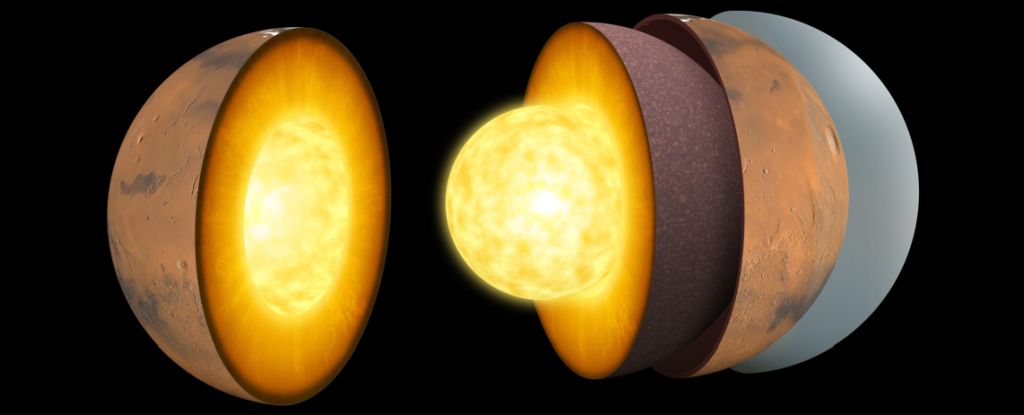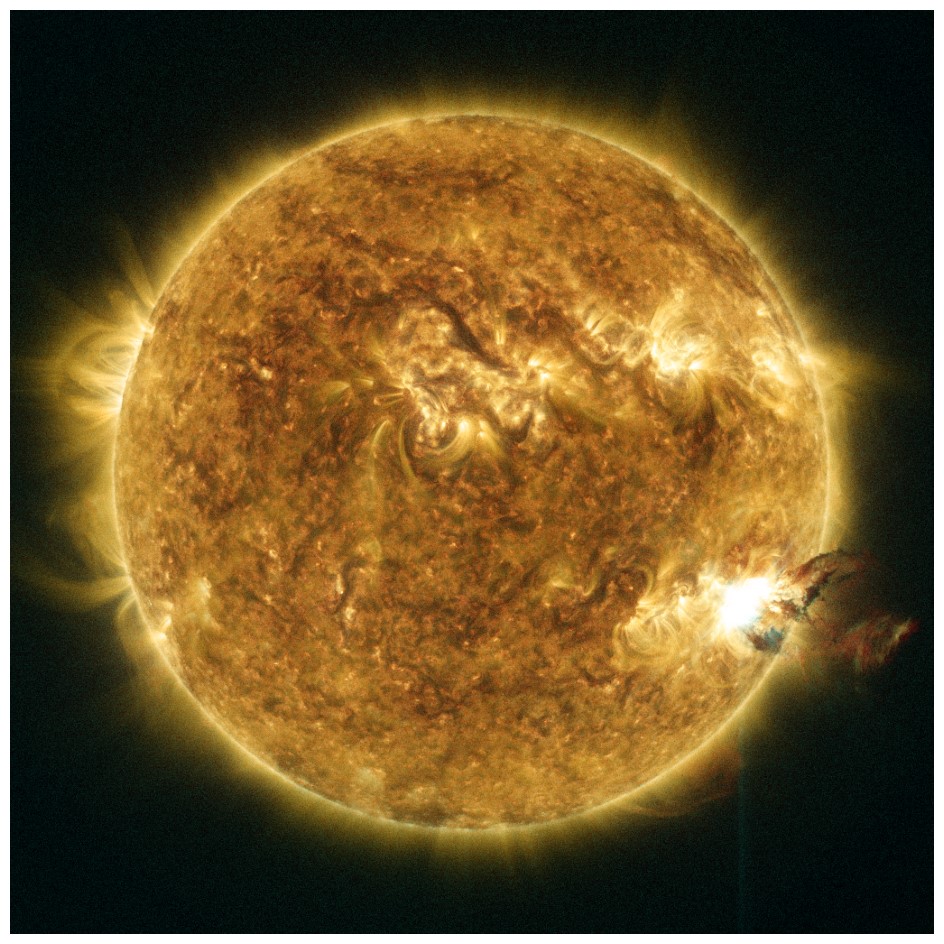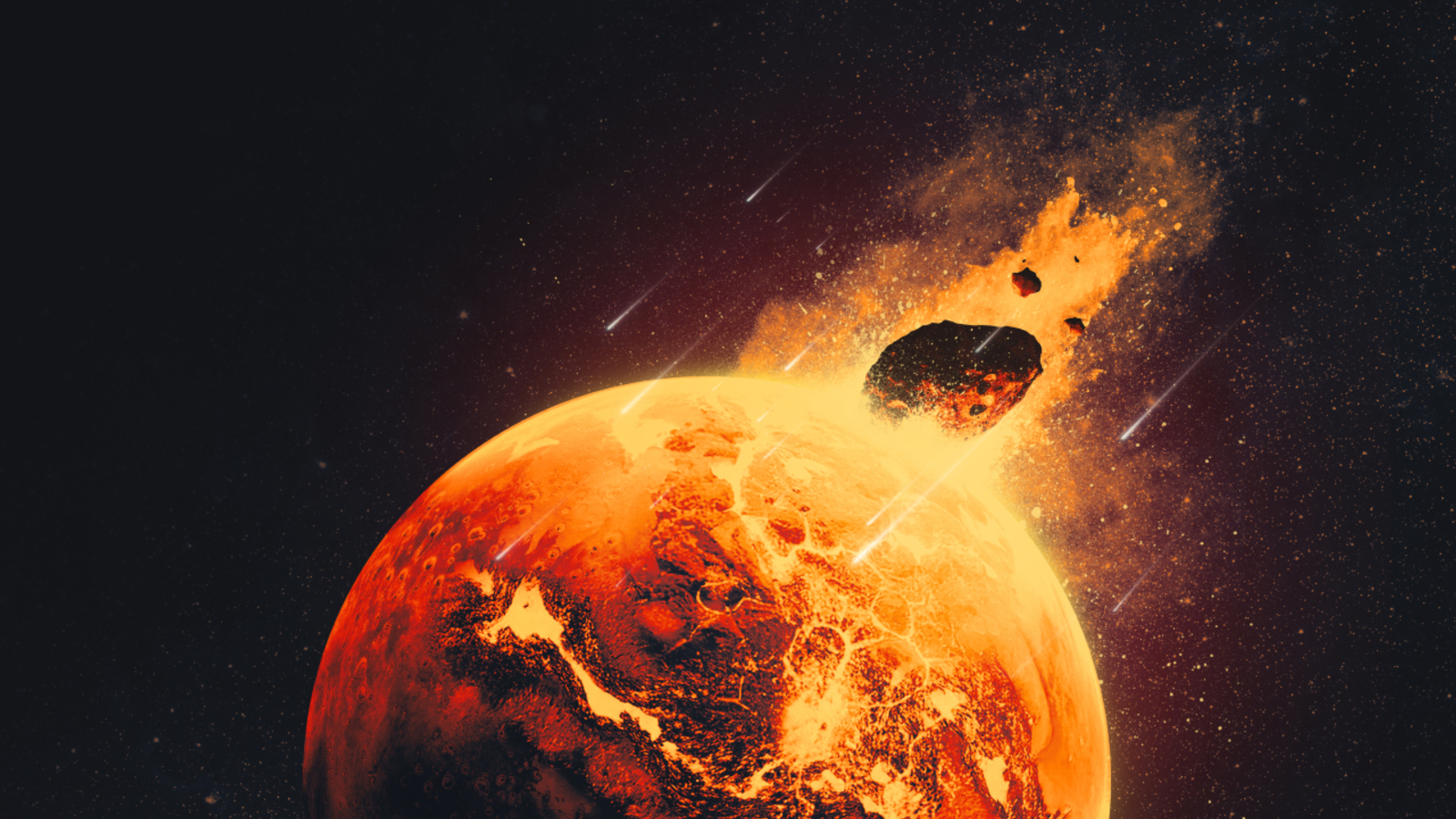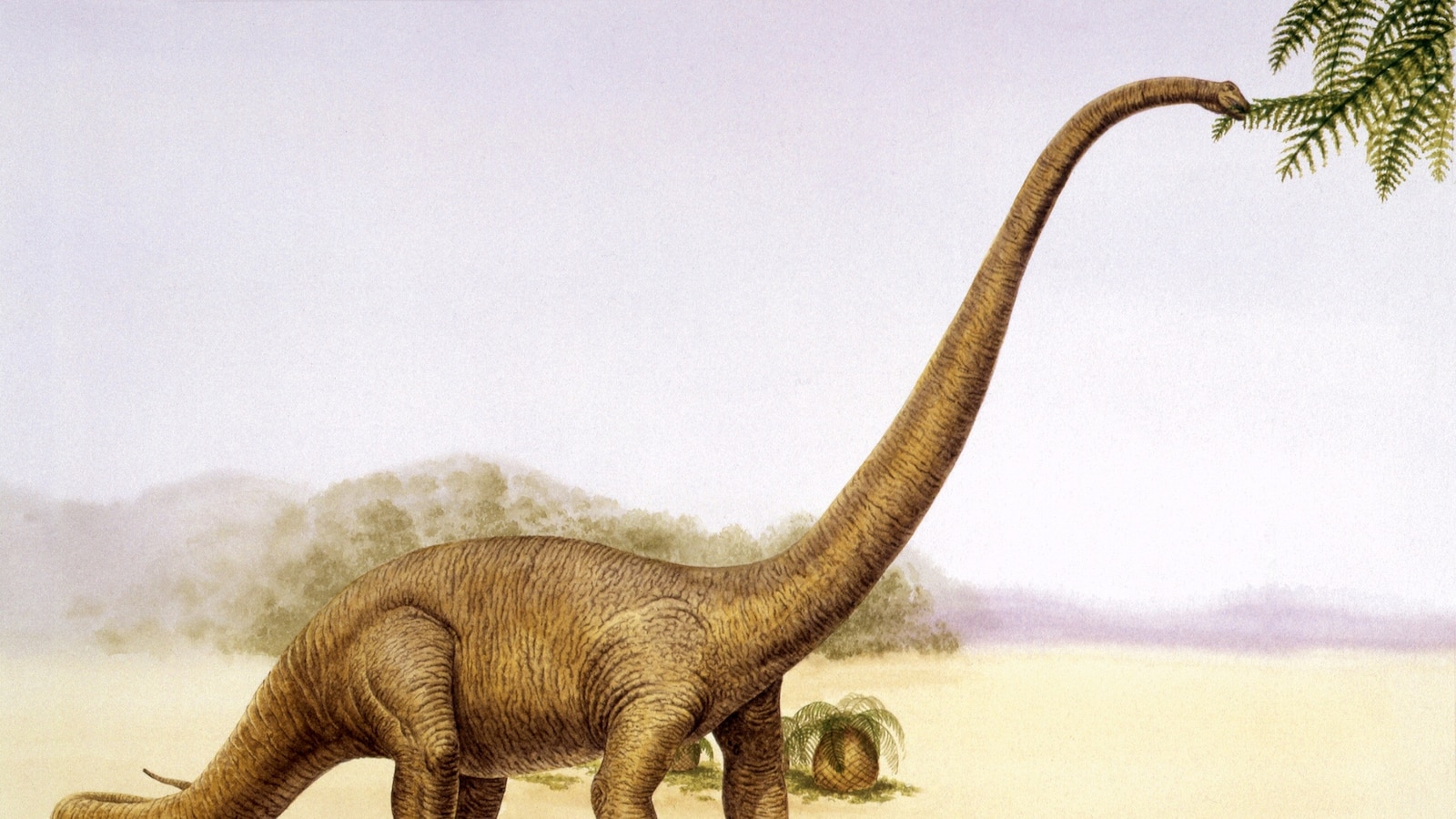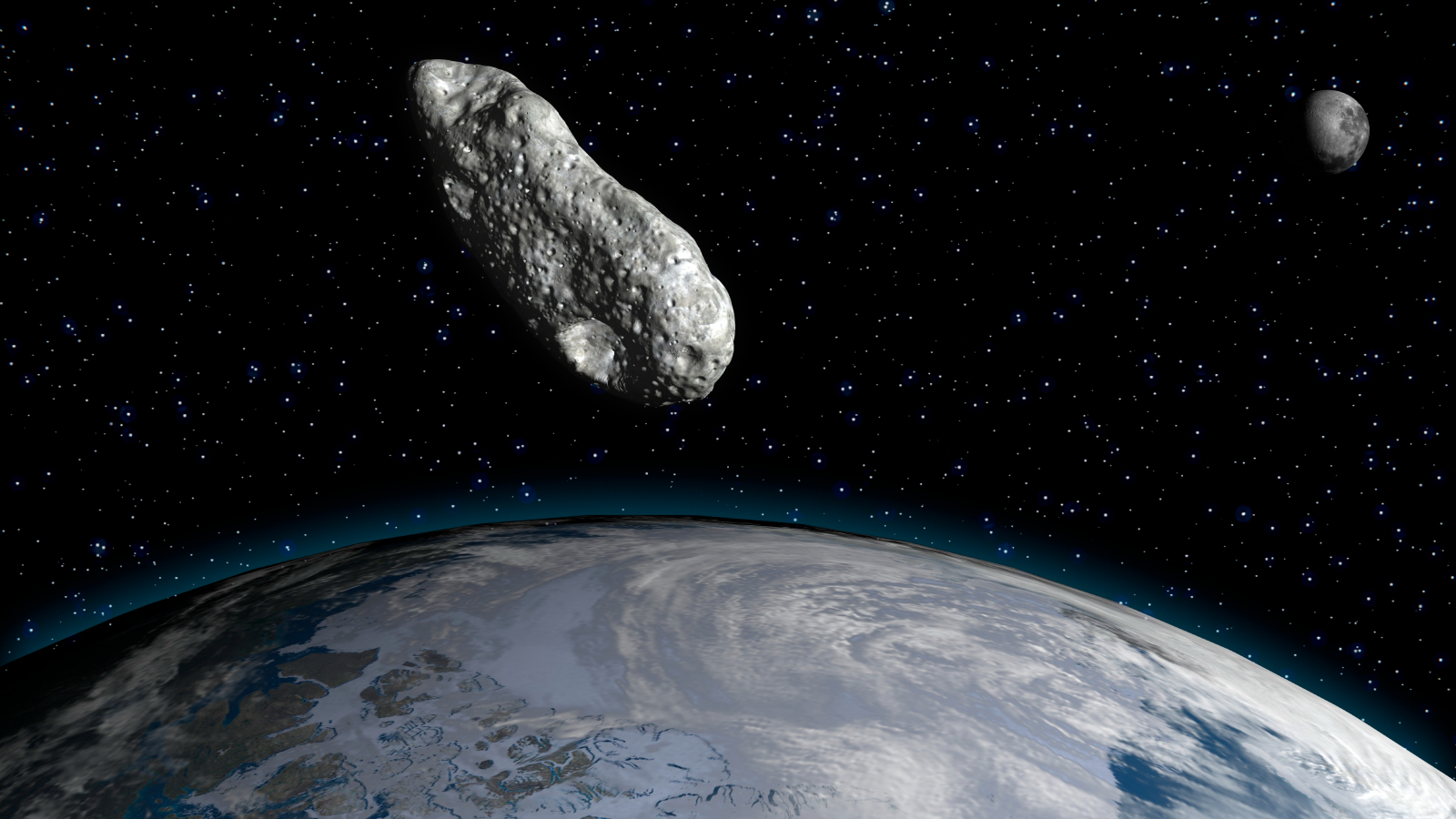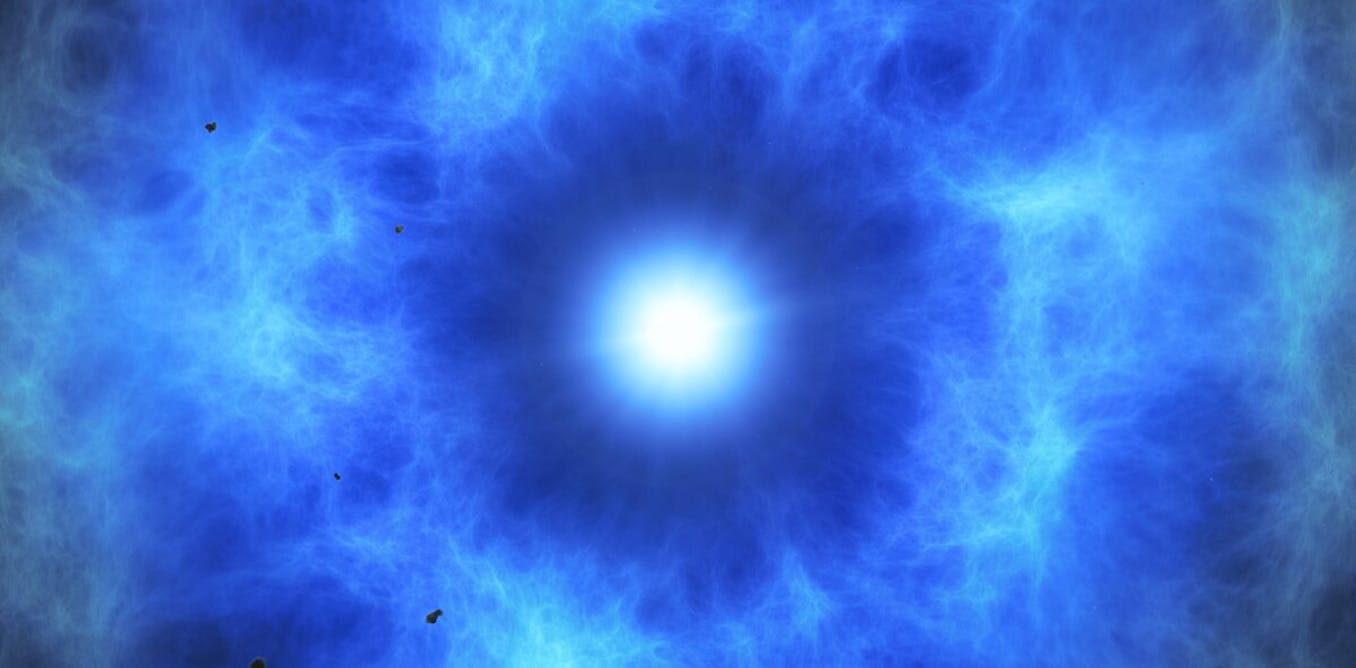AI Generated Discovery: Is Earth Drifting in a Mysterious Cosmic Void?

What if I told you that our entire Solar System might be floating in a vast cosmic emptiness, like a tiny green dot lost in the universe? Recent research from astronomers at the University of Portsmouth in the UK suggests that the unsettling vastness of space could be even more alarming than we thought.
The scientists propose that Earth, along with our Solar System and the Milky Way, may exist within a colossal hole in the cosmos. This mysterious void could mean that the universe is expanding faster around us than in other parts of space. Imagine being adrift in a gigantic bubble while everything else is moving away into denser regions beyond!
This theory is not just a wild notion; it offers a potential solution to what astronomers call the Hubble tension—a puzzling conundrum that has stumped scientists for years. The Hubble tension refers to the conflicting rates of the universe's expansion, which vary based on where measurements are taken.
Dr. Indranil Banik, who first presented this intriguing idea at an astronomy conference in Durham, explains that data from baryon acoustic oscillations (BAOs)—essentially the 'sound' of the Big Bang—indicates that our Galaxy is likely situated close to the center of a significant local void. In fact, Banik's findings suggest that the void model is approximately 100 million times more probable than a scenario without it.
For this theory to hold water, Earth and our galactic neighborhood would need to be positioned near the center of a void spanning about a billion light-years, with a density around 20% lower than the average density of the universe. However, the idea of such voids remains contentious within the cosmology community, as the standard cosmological model suggests that matter should be more uniformly distributed across the universe.
While a definitive answer to the Hubble tension has yet to be found, supporting evidence for the void model could pave the way for a deeper understanding of the universe's intricate structure. This exciting potential discovery could change how we perceive our place in the cosmos and the very fabric of reality itself.




